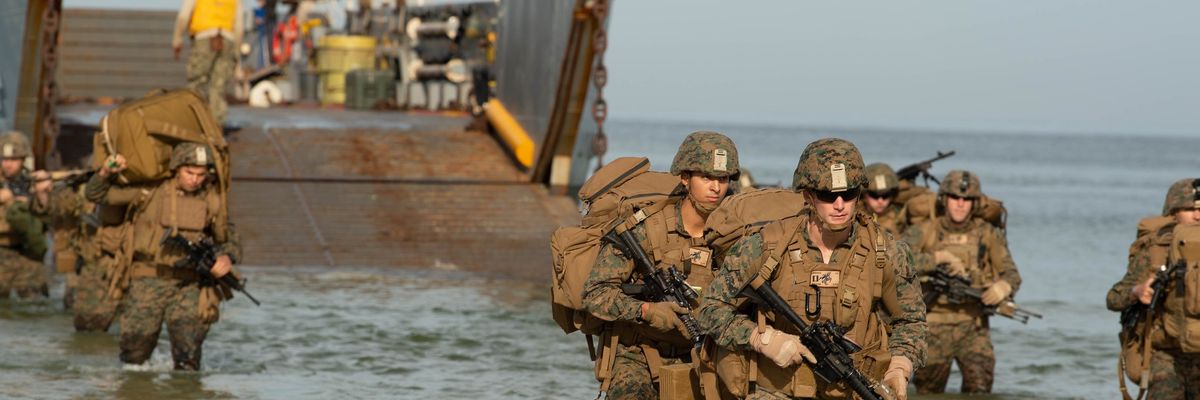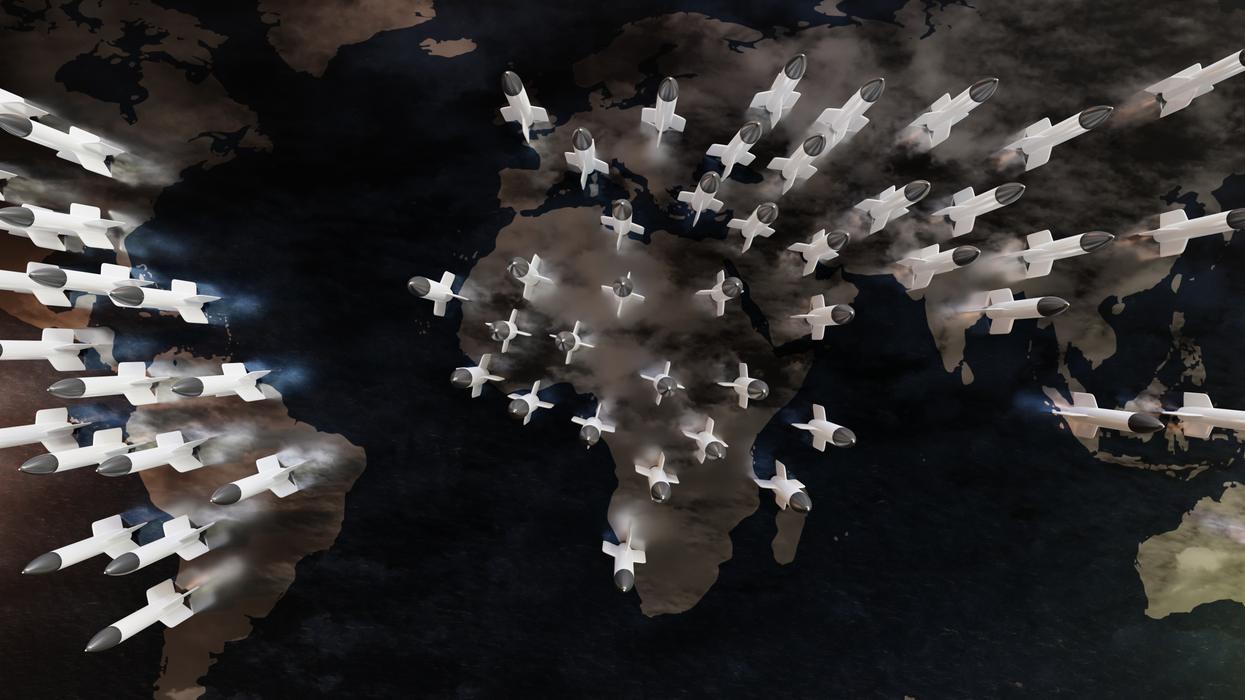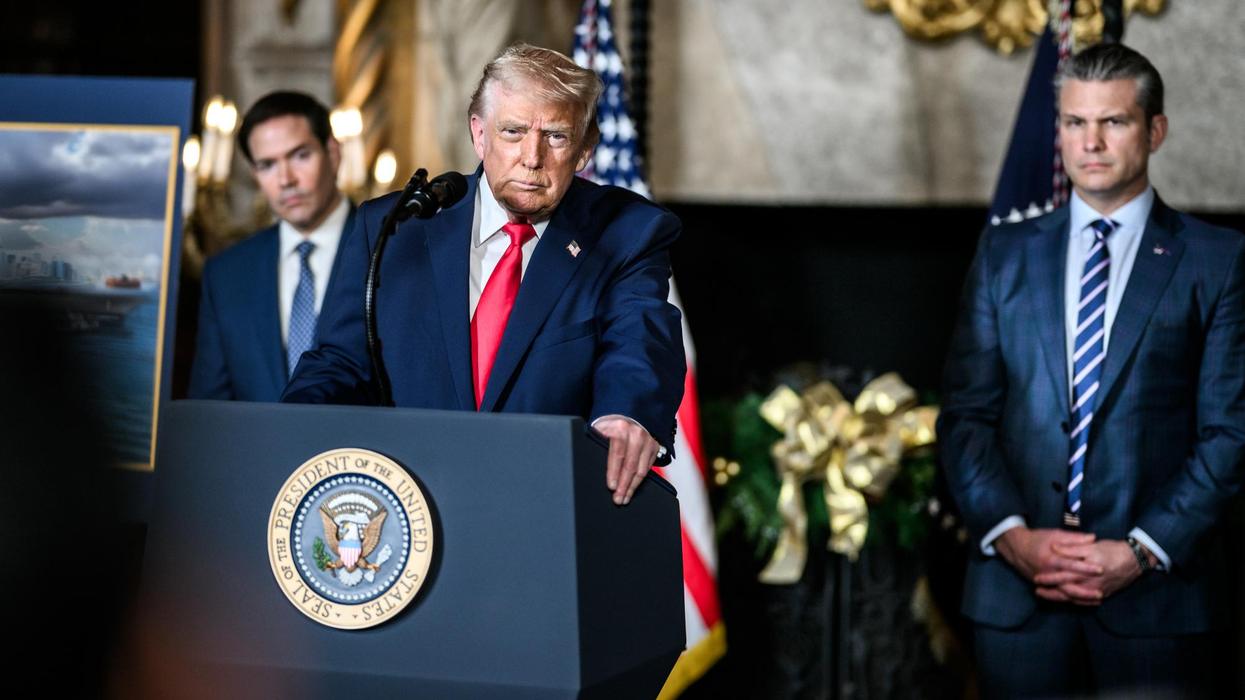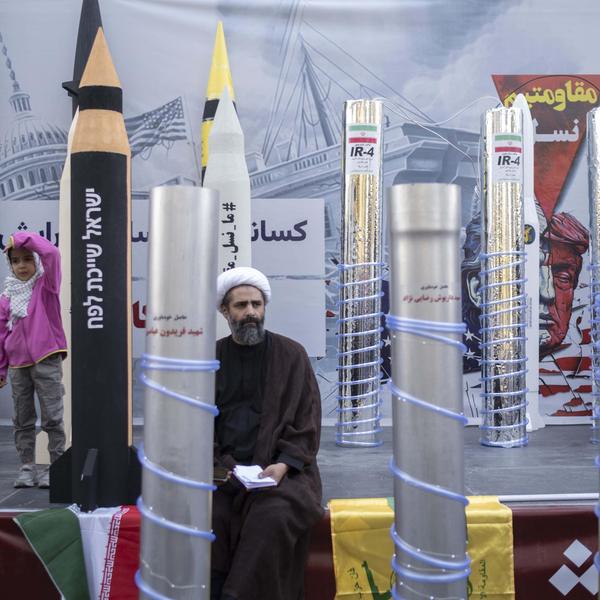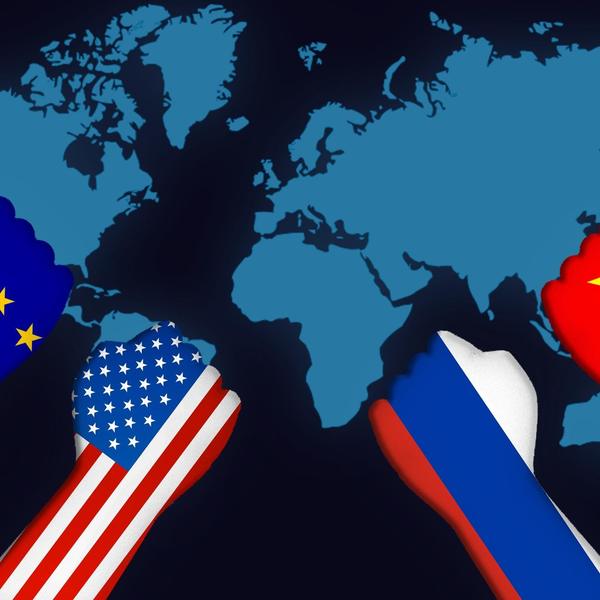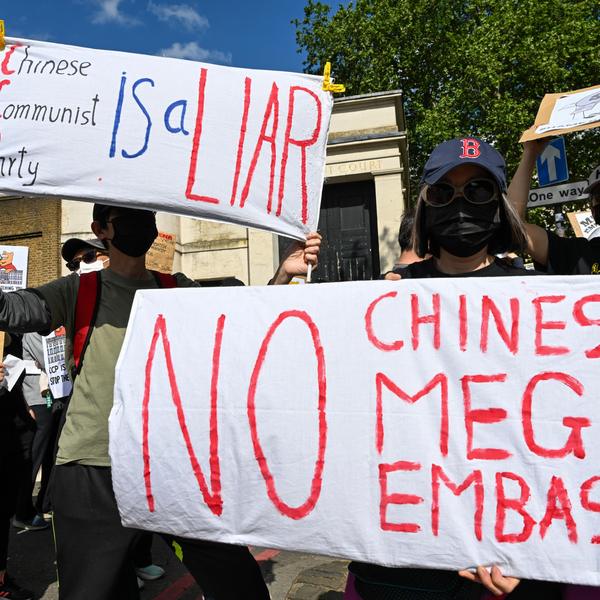To judge by its latest statements, the Biden administration is increasingly committed to using the conflict in Ukraine to wage a proxy war against Russia, with as its goal the weakening or even destruction of the Russian state.
This would mean America adopting a strategy that every U.S. president during the Cold War took great pains to avoid: the sponsorship of war in Europe, bringing with it the acute risk of escalation towards direct military confrontation between Russia and NATO, possibly ending in nuclear catastrophe. The U.S. and NATO refusal to support armed rebellions against Soviet rule in eastern Europe was obviously not based on any kind of recognition of the legitimacy of Communist rule and Soviet domination, but simply on a hard-headed calculation of the appalling risks involved to America, Europe and humanity in general.
A note of caution, however, while there is considerable unease in sections of Russian society about an aggressive war against Ukrainians —whom Moscow after all claims to be a “brotherly people” — a war against American attempts to harm and subjugate Russia has much stronger public appeal.
During his visit to Kiev this week, U.S. Defense Secretary Lloyd Austin stated that the U.S. wants to see "Russia weakened to the degree that it can't do the kinds of things that it has done in invading Ukraine." On the same day, Russian Foreign Minister Sergei Lavrov declared on Russian television that by supplying Ukraine with heavy weaponry, NATO is now “in essence” involved in a proxy war with Russia.
Lavrov compared the situation in terms of nuclear danger to the Cuban missile crisis. We might do well to remember in this context how very close humanity came to nuclear annihilation in the fall of 1962. At one point, the fate of the world depended on the wisdom and caution of just one Soviet naval officer on board a nuclear attack submarine: Commander (later Admiral) Vassily Arkhipov (the character played by Liam Neeson in the film about the nuclear accident the previous year on the submarine K-19, of which Arkhipov had been the executive officer).
Two of Lloyd Austin’s remarks are especially worth examining in some detail. The first is that weakening Russia is necessary in order to prevent it repeating its invasion of Ukraine elsewhere. This statement is either meaningless, hypocritical, or both. There is no sign that Russia wants to or indeed could invade any other countries. As far as an attack on NATO is concerned, the miserable performance of the Russian military in Ukraine should have made absolutely clear that this is a fatuous chimera. If Russia cannot capture cities less than 20 miles from Russia’s own border, the idea of an attack on NATO is ludicrous.
As far as Georgia, Moldova and Belarus are concerned, it already holds the positions it needs in these countries. Russia’s military presence in Armenia and Nagorno Karabakh is at the request of the Armenians themselves, and is indeed essential to protect them against Turkey and Azerbaijan. When it comes to combating Islamist extremism in Central Asia and elsewhere, Russia’s interests and those of the West are in fact aligned.
Lloyd Austin also stated that U.S. officials believe that Ukraine can “win” the war with Russia given the right equipment and support from the West. The question is what “winning” means. If it means preserving Ukrainian independence, freedom to join the European Union, and sovereignty over the great majority of Ukrainian territory, then this is a legitimate and necessary goal. Indeed, thanks to Ukrainian courage and Western weaponry, it has already to a great extent been achieved.
Moscow’s original goal of overthrowing the Ukrainian government and subjugating the whole of Ukraine failed utterly. Given the losses that the Russian military has suffered, it seems highly unlikely that Russia can capture any more large Ukrainian cities, let alone conquer the whole of Ukraine.
If however what is meant by victory is Ukrainian reconquest — with Western help — of all the areas lost to Russia and Russian-backed separatists since 2014, then this is a recipe for perpetual war, and monstrous losses and suffering for Ukrainians. The Ukrainian army has fought magnificently in defense of its urban areas, but attacking entrenched Russian defensive positions across open country would be a very different matter.
Moreover, since Russia has annexed Crimea and the vast majority of the Russian people believe that this is Russian national territory, no future Russian government could possibly agree to give it up. A goal of complete Ukrainian victory therefore does indeed imply the destruction of the Russian state — something that Russia’s nuclear arsenal exists to prevent.
There is however a fatal ambiguity involved in such statements. For if what they suggest is a U.S. commitment to help Ukraine to go on fighting until Ukraine has reconquered all of the territory taken by Russia since 2014, including Crimea, then this implies a permanent war with the destruction of the Russian state as its goal; for short of the collapse of the Russian state, no Russian government will surrender Crimea, and for geographical reasons, no Ukrainian victory on the ground can bring this about. Furthermore, while China has so far been very restrained in its support for Russia over Ukraine, Beijing could not possibly tolerate a U.S. strategy aimed at the destruction of the Russian state and the consequent complete isolation of China.
A U.S. strategy of using the war in Ukraine to weaken Russia is also of course completely incompatible with the search for a ceasefire and even a provisional peace settlement. It would require Washington to oppose any such settlement and to keep the war going. And indeed, when in late March the Ukrainian government put forward a very reasonable set of peace proposals, the lack of public U.S. support for them was extremely striking.
Apart from anything else, a Ukrainian treaty of neutrality (as proposed by President Zelensky) is an absolutely inescapable part of any settlement — but weakening Russia involves maintaining Ukraine as a de facto U.S. ally. U.S. strategy as indicated by Lloyd Austin would risk Washington becoming involved in backing Ukrainian nationalist hardliners against President Zelensky himself.
Due to the losses the Russian military has suffered, it seems possible that once Russia has conquered the whole of the Donbas (assuming that it can even do that), Moscow will go over to the defensive militarily and offer a ceasefire as the initial basis for peace negotiations. The West will then face a stark choice: between accepting this and using economic means to pressure Russia into offering acceptable terms; or on the other hand encouraging and arming Ukraine to launch a massive counter-offensive.
How long would Russia accept such a Western strategy before it decided to escalate, in an effort to terrify the Europeans in particular into splitting from America and seeking a peace settlement? Even if direct war between Russia and the West could be avoided, how long would Western unity survive in these circumstances? So far, Russian attacks aimed at interdicting Western weapons supplies have been confined to Ukrainian territory. What would be the consequences if they are extended to Polish territory? What if Ukraine uses Western weaponry to launch attacks on Russia itself — as the British deputy defense minister has (with almost insane irresponsibility) suggested?
During the Cold War, no U.S. president ever forgot that Washington and Moscow between them have the ability to destroy human civilization and even put an end to the human race. For this reason, first the Truman and then the Eisenhower administration adopted the strategy of “containing” the Soviet Union in Europe, and not trying to “roll back” Soviet power through armed support for anti-Soviet insurgencies in eastern Europe.
Our leaders of today should remember this. They should also remember that where both sides engaged in proxy warfare outside Europe, the consequences were disastrous for themselves and still more disastrous for the wretched people on the ground who became the pawns of these great power agendas. Have we really learned nothing from history?

